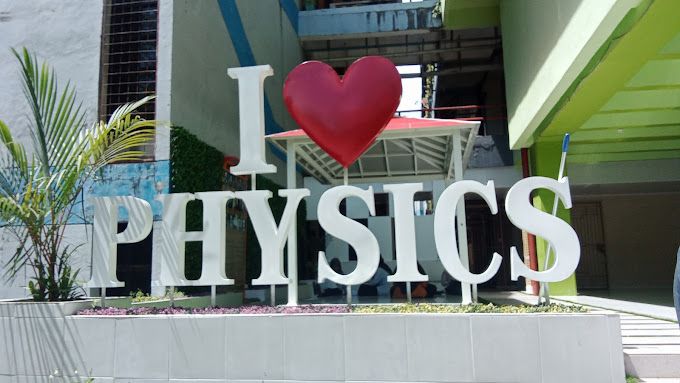Undergraduate Program

About the Study Program
Physics Undergraduate Study Program (PSSF) is one of the study programs managed by Unhas along with the Masters Study Program and Physics Doctoral Study Program under the Department of Physics. As a core science, Physics not only focuses on theory but has provided application-based learning for technology and the discovery of new materials both for industry, pure research and for health. PSSF has 16 teaching staff including 10 professors and head lecturers, 1 person with a Doctoral degree and 5 Masters.
Career
PSSF graduates consist of academics, young researchers, entrepreneurs and quality control personnel as in the formulation of the Study Program Graduate Profile. Some graduates work as Physics lecturers and teachers, continue their studies at domestic and foreign universities. Some graduates have joined institutions or agencies that provide testing services in laboratories as researchers. There are also PSSF graduates who work at banks and in private companies in the IT department. One of the specializations in the PSSF, namely Medical Physics, has produced graduates who work as quality control personnel in hospitals/clinics, medical device industry companies and BPFK, as Medical Physicists. Entrepreneurial graduates work in various businesses such as product services, website development, sensor manufacturing.
Accreditation
PSSF FMIPA Unhas, currently has obtained Unggul accreditation from LAMSAMA according to Decree No. 074/SK/LAMSAMA/Akred/S/VII/2023 which is valid until July 20, 2028.
Interests
PSSF has 4 competency areas of study namely:
- Theoretical & Computational Physics: Competencies that are strengthened are in the areas of simulation and computation.
- Material & Energy Physics: Competencies that are strengthened are the discovery of new materials for health applications (bone / dental implants, wound dressings, phantoms, shielding) and environmental fields (catalyst materials for heavy metal detection, textile dyes, pharmaceutical waste and pesticides, environmentally friendly bioplastics).
- Instrumentation Physics & Electronics: Competencies strengthened are sensor instrumentation for industrial, environmental, civil structure, medical, agricultural applications based on IoT, supercapacitor materials, fiber optic sensor design and antenna manufacturing.
- Optical, Sepectroscopic & Medical Physics: Competencies strengthened are photonic technology for therapy (Photodynamic Therapy), expertise as a Medical Physicist for radiology equipment according to Quality Assurance and Quality Control standards.
Learning Process
- The PSSF learning process focuses on collaborative contextual and conceptual with a variety of learning methods, namely Case Based Learning (CBL), Project based Learning (PjBL) through practicum and Focus Group Discussion (FGD).
- Kegiatan Merdeka Belajar Kampus Merdeka (MBKM) in the 5th and 6th semesters adjust the curriculum which is carried out in the form of PMM or internships at companies.
- Some final project research is carried out at BRIN (LIPI Serpong, PLN, hospitals) according to laboratory specialization with research facilities, especially for the specialization of materials and instrumentation, are quite available.
- The theoretical and computational specializations have officially licensed software, namely Maple. Especially for Medical Physics specialization, PSSF has several radiation measuring instruments and types of phantoms and has worked closely with hospitals so that research is easier.